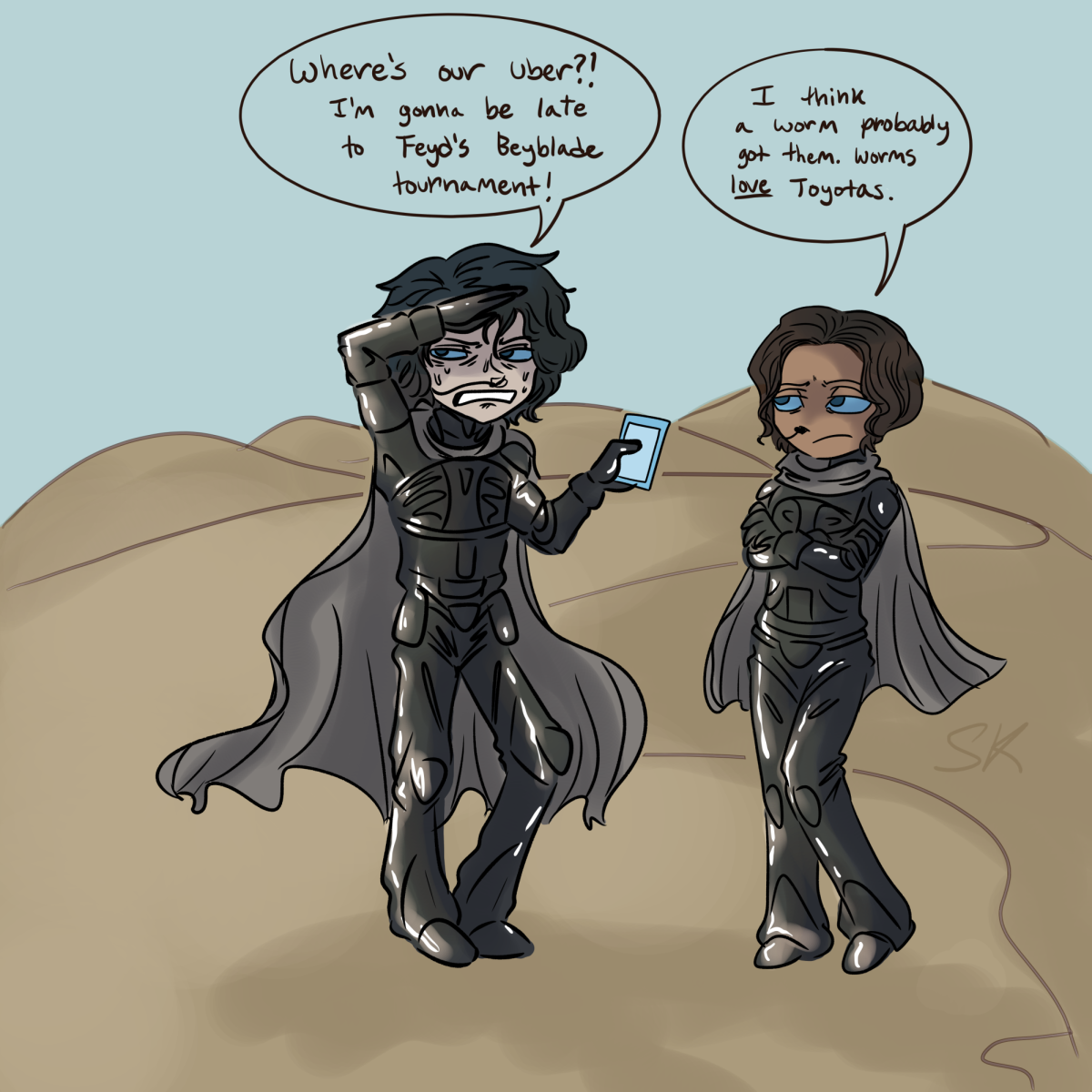
The English department’s decision to format professor evaluations online is welcome, especially given the access to technology NMU emphasizes through their computer provision.
NMU students have unrivaled access to the Internet. The move then seems intuitive.
Scantron evaluation sheets are inefficient. Department office assistants spend precious time organizing evaluation sheets. The move to online evaluations free up time while precisely quantifying evaluation results.
According to Ray Ventre, head of the English department, more than 200 courses take place during individual semesters, each with a rough minimum of 30 students per class.
With Internet being available across campus, this update to course evaluations will help faculty stay away from excessive stacks of paper and tree killing.
Handwritten forms, consisting of 15 or more questions, are scattered. Online evaluations consisting of 10 or fewer questions provide all pertinent answers and compel students to reliably respond.
Paper forms have typically ended with a comments section for students to fill out in writing. The English department put it best: in a department based on writing, a student’s anonymity is put to risk when they write their personal thoughts about a course in their own handwriting.
Scantron evaluations are often incomplete when submitted, indicating that students rush through without allowing themselves ample time to consider how important evaluations are to education.
Online evaluations not only advance efficacy, they allow individual faculty members to format evaluations to their own ends. Including questions specific to certain classes allows faculty to consistently improve curriculum and methods.
The fewer the questions the better. Crafting inquiries specific to course objectives, without doubling up on questions that provoke the same answers, allow evaluations to remain concise.
In short, online evaluations are streamlined. Other departments should use this model in the future.
























